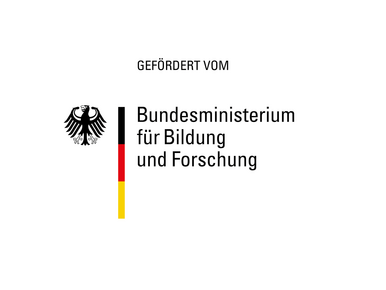Intelligent sensor system for biomonitoring of distress
The recognition of stressful situations in bedridden patients with severe dementia
Demographic change is leading to a significant increase in the number of people with dementia who require care. The effects on the self-determined life and quality of life of those affected are often serious. As the disease progresses, these patients are often no longer able to ask for help in existential stress situations such as attacks of pain, shortness of breath or anxiety. This helplessness in turn places a burden on nursing staff and caregiving relatives, who often have difficulties providing the intensive care that is actually necessary for bedridden dementia patients.
The non-invasive sensor system to be developed in this project is intended to support caregivers/care personnel in providing care. The sensor system is intended to monitor bedridden patients for stressful situations and, if necessary, alert the carer/care staff at an early stage. This means that the carer/care staff do not have to be present at all times, but can react quickly and appropriately to stressful situations. This should also improve the quality of life and reduce unnecessary suffering for patients with advanced dementia who need help by identifying stressful situations that can be treated.
Sub-project:Sensor technology and signal processing
The tasks of the Furtwangen University sub-project are to develop the sensors and algorithms required for the sensor system and to implement the interfaces from the sensors to the higher-level information system (analysis unit and visualisation unit).
The first step is to work with clinicians to determine the relevant patient parameters that indicate stress situations. In the second step, the plan is to use the sensor unit to record patient parameters that indicate stress situations, such as heart rate, respiratory rate, temperature and sweat production, as well as movement, acoustic signals/loud noises or stress-related wetting of the patient. Corresponding or specially developed sensors are to be combined in a flexible sensor array, which is stretched over the mattress, for example. The recorded sensor signals are directly evaluated and clinically assessed in an analysis unit close to the sensor. The visualisation unit, e.g. a smartphone application, informs the carer/care staff about the existing stress situation and the patient data can also be used for medical evaluation.

